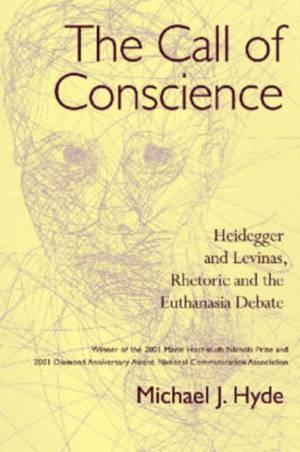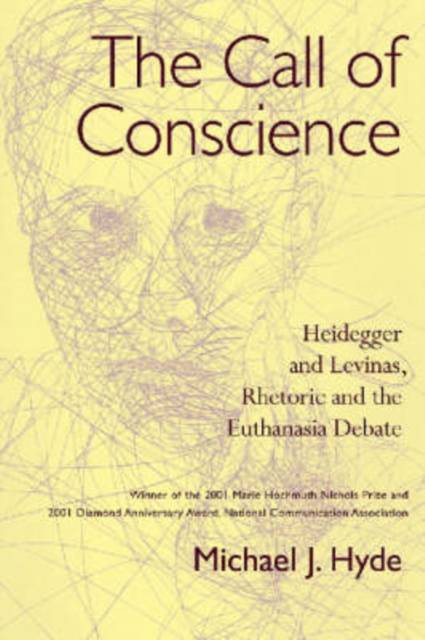
- Retrait gratuit dans votre magasin Club
- 7.000.000 titres dans notre catalogue
- Payer en toute sécurité
- Toujours un magasin près de chez vous
- Retrait gratuit dans votre magasin Club
- 7.000.0000 titres dans notre catalogue
- Payer en toute sécurité
- Toujours un magasin près de chez vous
48,45 €
+ 96 points
Description
Michael J. Hyde's pathbreaking study considers the relationship between the phenomenon of conscience and the practice of rhetoric as it relates to one of the most controversial issues of our time-euthanasia. Hyde investigates how the practice of rhetoric becomes a voice of conscience and influences the moral standards of individuals and communities. In doing so, he offers the first extensive treatment of Martin Heidegger's and Emmanuel Levinas's philosophical investigations of conscience and an in-depth analysis of the justifiability and social acceptability of euthanasia. Hyde establishes the theoretical basis of his study by discussing and critically assessing the phenomenological theories of conscience set forth in the works of the two philosophers. To illustrate in concrete terms how the relationship between the call of conscience and the practice of rhetoric shows itself in everyday existence, Hyde surveys the moral discourse that informs ongoing debates over euthanasia and physician-assisted suicide. He focuses on a cluster of related topics that emerge from his discussion of the work of Heidegger and Levinas, including the phenomena of deconstruction and acknowledgment, emotion and the reconstructive power of language, and the discursive creation of heroes. Through these investigations Hyde accounts for some of the key definitions, arguments, and narratives that contribute to the rhetoric of the euthanasia debate, especially as the discussion has evolved since the late 1980s.
Spécifications
Parties prenantes
- Auteur(s) :
- Editeur:
Contenu
- Nombre de pages :
- 300
- Langue:
- Anglais
- Collection :
Caractéristiques
- EAN:
- 9781570037863
- Date de parution :
- 03-06-08
- Format:
- Livre broché
- Format numérique:
- Trade paperback (VS)
- Dimensions :
- 152 mm x 229 mm
- Poids :
- 476 g

Les avis
Nous publions uniquement les avis qui respectent les conditions requises. Consultez nos conditions pour les avis.






